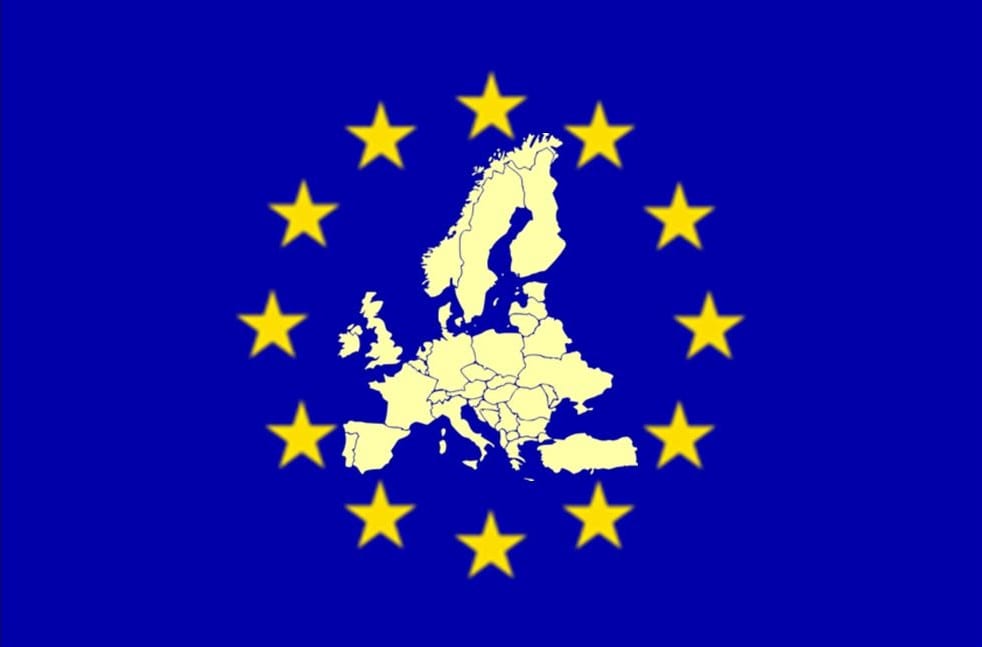EU to cut subsidies to renewable energy
April 11, 2014Politics continues to play an overriding role in clean power
 Renewable energy is often seen as an environmental issue; a tool to combat the effects of climate change. Politics plays a major role in clean energy, however, and often determines whether or not clean power projects find the support they need or fail completely. The European Union has been working to embrace clean power for some time, but it has encountered major political challenges that have inhibited the adoption of renewable energy throughout Europe. In order to overcome these challenges, the European Commission has taken steps to introduce balance to a market that has been somewhat destabilized by recent political catastrophes.
Renewable energy is often seen as an environmental issue; a tool to combat the effects of climate change. Politics plays a major role in clean energy, however, and often determines whether or not clean power projects find the support they need or fail completely. The European Union has been working to embrace clean power for some time, but it has encountered major political challenges that have inhibited the adoption of renewable energy throughout Europe. In order to overcome these challenges, the European Commission has taken steps to introduce balance to a market that has been somewhat destabilized by recent political catastrophes.
EU introduces new rules that will phase out clean energy subsidies
The European Commission has published new rules concerning the funding of clean energy projects that may have a major impact on the energy market. The rules are designed to replace subsidies that market-based clean energy project receive throughout Europe. Over the past several years, the economic impact of renewable energy subsidies has been a controversial issue. Clean energy and technology are expensive and many countries have spent a proverbial fortune adopting clean power but have little to show for their efforts in the way of renewable energy capacity.
New rules are meant to bring balance to the energy market
The European Commission suggests that phasing out subsidies over the course of time is the best way to introduce balance to the political landscape when it comes to clean power. Clean energy advocates argue that this is a victory for traditional industries, however, suggesting that cutting subsidies will keep European countries heavily reliant on fossil-fuels for decades to come. The European Union is still heavily focused on the use of fossil-fuels despite a recent increase in clean energy adoption, but the EU has been pushing for fossil-fuels to be phased out over a relatively short amount of time, providing funding to clean energy projects that would have helped expedite the shift away from oil and coal.
Feed-in tariffs to be replaced with auctions
The rules are meant to replace feed-in tariffs with auctions designed to create more competition among renewable energy developers and giving European countries the opportunity to generate economic activity. Feed-in tariffs have been something of a gamble for some countries as they have provided a strong financial incentive for people to embrace renewable energy. In some countries, these initiatives have proven so popular that they threatened financial stability.

 With over 15 years of reporting hydrogen news, we are your premier source for the latest updates and insights in hydrogen and renewable energy.
With over 15 years of reporting hydrogen news, we are your premier source for the latest updates and insights in hydrogen and renewable energy.